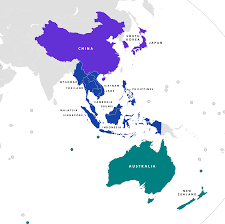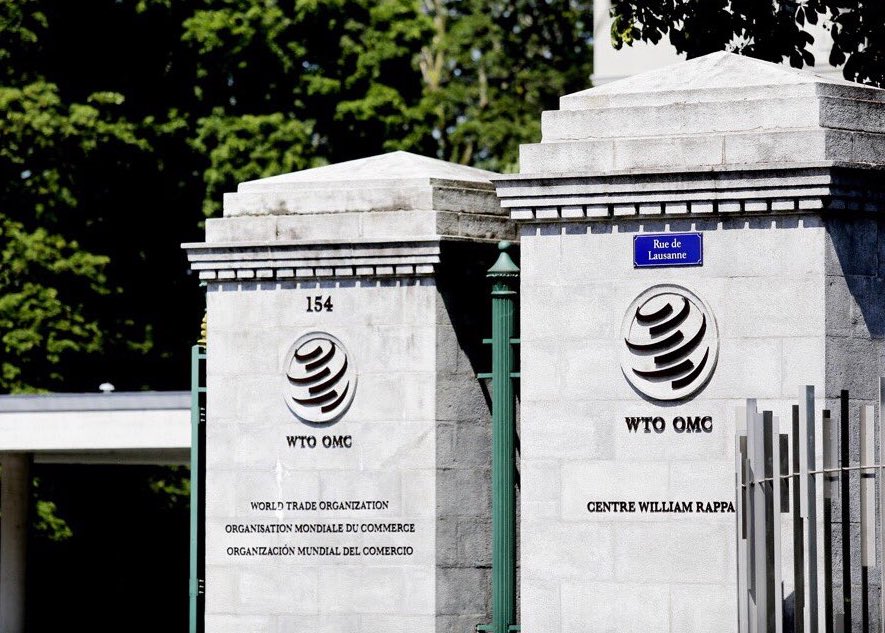Newly published by Dalston Press The International Procurement System: Liberalization & Protectionism by Jean Heilman Grier International Procurement. The agreements that support it. The institutions that sustain it. Its
After a decade-long effort, the European Union (EU) in June adopted a new trade tool aimed at achieving reciprocity by opening third-country public procurement markets and improving market access opportunities for EU suppliers, goods, and services. The new
This post surveys major actions in 2021 in the international procurement arena. It begins with agreements that are aimed at liberalizing procurement markets. It then looks at measures that are focused on protecting domestic procurement markets or restricting
The year 2021 marks two important milestones for government procurement agreements in the international arena. One is the 40th anniversary of the implementation – in 1981 – of the first international procurement agreement: the GATT Code on
The Biden administration has inaugurated a new Made in America website with information on waivers of the Buy American Act and other “Made in America” laws. This website lists current waivers that the newly established Made in America office has
The European Union is once again moving forward with a long-stalled proposed procurement regulation. It would allow the EU to close procurement or impose penalties when countries do not open their government procurement to EU companies. At the end of May,
A paper, Converging Procurement Systems: Developments in 2020, presented at the annual Thomas Reuters Government Contracts Year in Review Conference in February, examined key developments in the international procurement arena in 2020. They

Fifteen Asian countries, including China, Japan, Korea, Australia, New Zealand and the 10 ASEAN members, signed the Regional Comprehensive Economic Partnership (RCEP) on November 15, after eight years of negotiations. Following the Trans-Pacific

In contrast to its expansion of Buy American policies, the Trump administration took an unusual step and lifted a ban on procurement of N95 masks, hand sanitizers, personal protective equipment (PPE) and other products needed to fight covid-19 from non-trade

In a February 2020 meeting, the WTO Committee on Government Procurement assessed the status of negotiations by several WTO members to join the WTO Government Procurement Agreement (GPA) and Switzerland’s imminent ratification of the revised GPA. This post